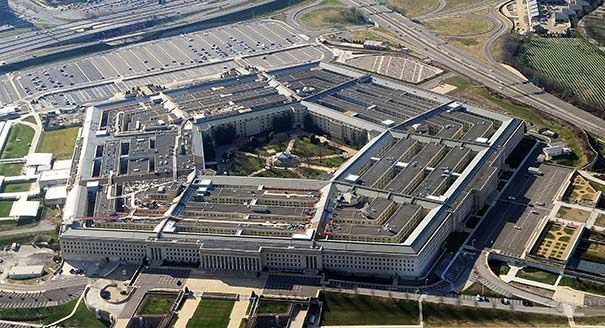Registration
You will receive an email confirming your registration.
Daniel Ellsberg became famous by releasing the Pentagon Papers. But few people know that before his immersion in Vietnam, Ellsberg was a leading nuclear war planner—and was prepared to release some top secret plans he concluded the public had a right to know.
How did a brilliant cold warrior evolve into “the most dangerous man in America,” as Henry Kissinger called Ellsberg? And in today’s Washington, with its acute tensions between secrecy, appropriate executive prerogatives, and the public’s need to know, what advice can he give civil servants facing moral dilemmas?
NBC’s Natasha Bertrand moderated a wide-ranging discussion on Ellsberg’s life, work, and reflections on the Trump era. Copies of Ellsberg’s new book, The Doomsday Machine: Confessions of a Nuclear War Planner, were available for purchase.
George Perkovich
George Perkovich is the Ken Olivier and Angela Nomellini chair and vice president for studies at the Carnegie Endowment for International Peace.He works primarily on nuclear strategy and nonproliferation issues; cyberconflict; and new approaches to international public-private management of strategic technologies.
Daniel Ellsberg
Daniel Ellsberg is a former analyst for the U.S. military and Vietnam War opponent who was responsible for leaking the Pentagon Papers. He is now a best selling author of three books.
Natasha Bertrand
Natasha Bertrand is a staff writer at the Atlantic where she covers national security and the intelligence community. She is also a contributor for NBC News and MSNBC.
